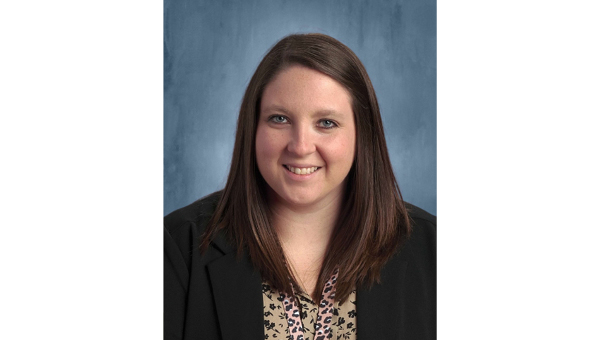Pool closings by TN State Parks draw ire of Milligan student
Published 10:32 am Tuesday, December 10, 2024
|
Getting your Trinity Audio player ready...
|
To the Editor:
I began lifeguarding in 2021, and was told it would be easy. Only a month later, an 8-year-old would go unconscious in the water. Our managers performed CPR with her parents standing there, watching as they tried to restart her heart by pushing so hard it breaks ribs. She woke up. She was lucky.
According to the Center of Disease Control (CDC), 10 people drown every day, and this number is only rising. Drowning is fast, silent, and can have lifelong effects if the victim survives. It is the leading cause of death of children under 4 in the United States, and the second in children ages 5-9. In 2021, 33 children fatally drowned in Tennessee and over 200 others were injured; 97 percent of these deaths were preventable. The American Red Cross states that learning to swim can reduce the risk of drowning by over 88 percent, yet over half of Americans cannot swim.
Trending
Despite this, Tennessee has been shutting down public pools, with State Park pools among a growing list of closing facilities. This removes a safe and controlled setting for children to learn to swim. Tennessee has also begun taking other steps to increase water safety by providing a one-time $500,000 grant to the YMCAs of Tennessee, however there are only 45 facilities throughout the state. Of these, a majority are clustered around Nashville, Memphis, and Knoxville, leaving dozens of counties without access to this program.
Tennessee should annually allocate a portion of the funds previously going to the closed public pools and expand and renew grants to other nonprofit and public swim lesson providers. This money should be used to decrease the cost of swim lessons to make it available to more families. Additionally, one-time grants could be provided to public swimming facilities to enclose them, allowing year-round access to these pools. This would provide more jobs in communities and lead to greater use of public facilities. For counties with limited access to pool space, funding could cover swim lessons in lakes with established swimming areas. Tennessee’s first attempt at addressing this problem, through the YMCA, provided lessons to 24,000 children, gave free lessons to every second-grader in Putnam County, and brought water-safety education to 15 more counties in a single year. Enclosing pools and providing affordable lessons could teach thousands more. Drowning is preventable, and this prevention starts with properly educating our children.
Alexandra Hayashi
Milligan College





